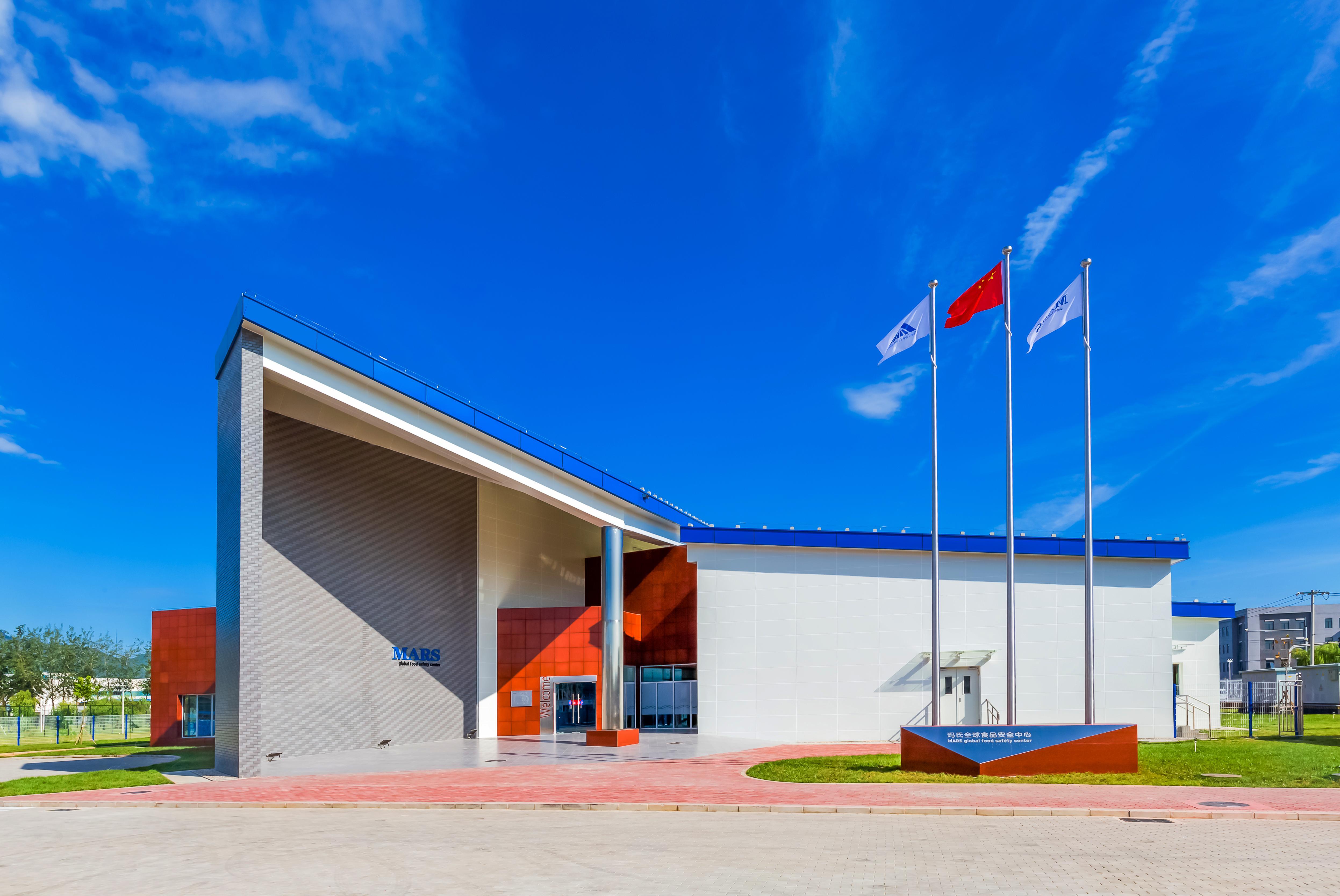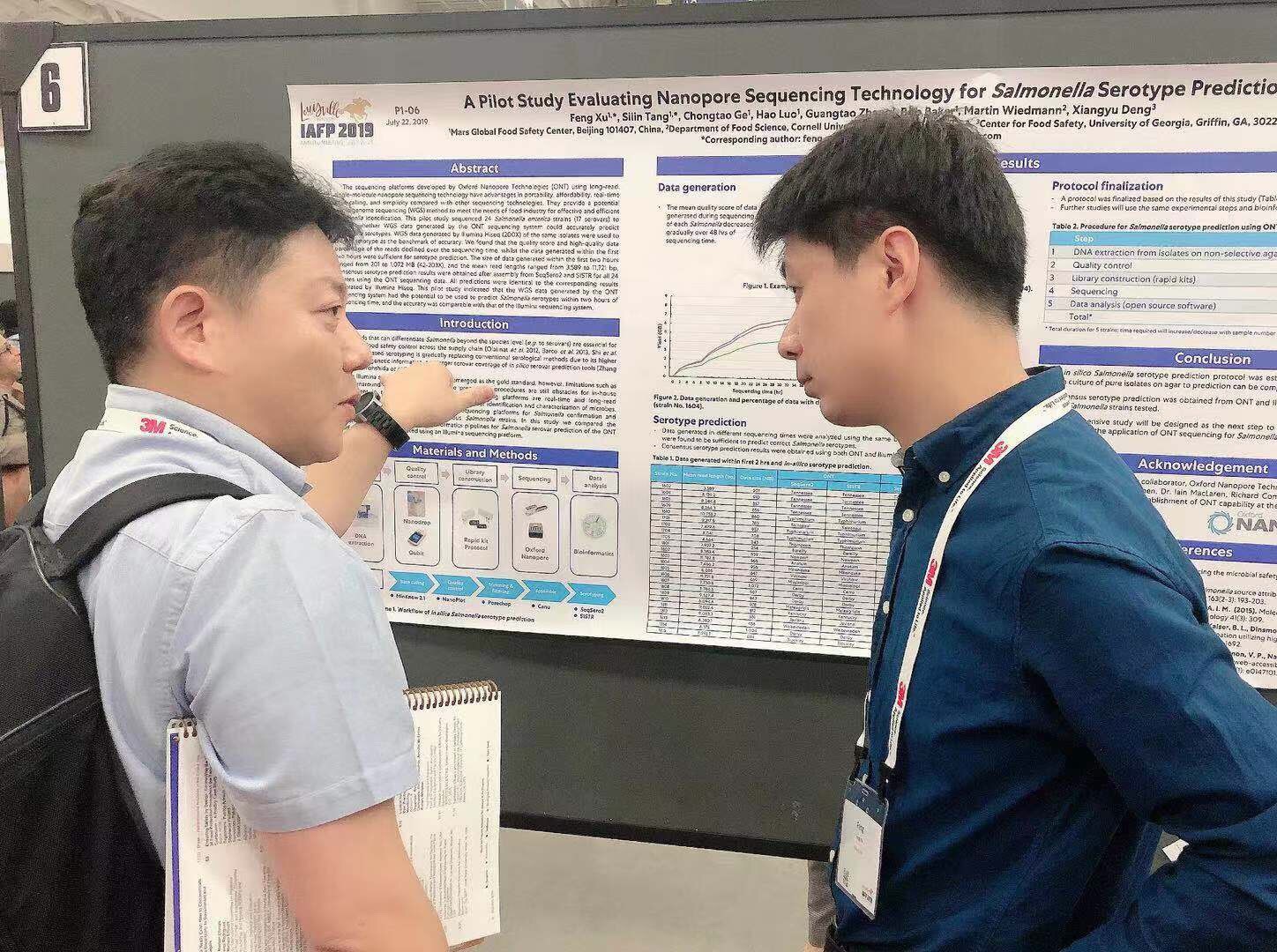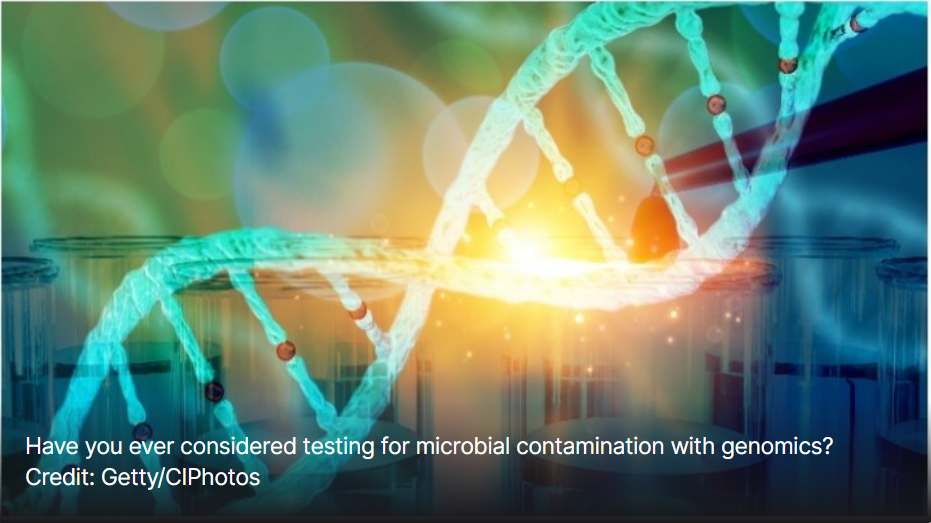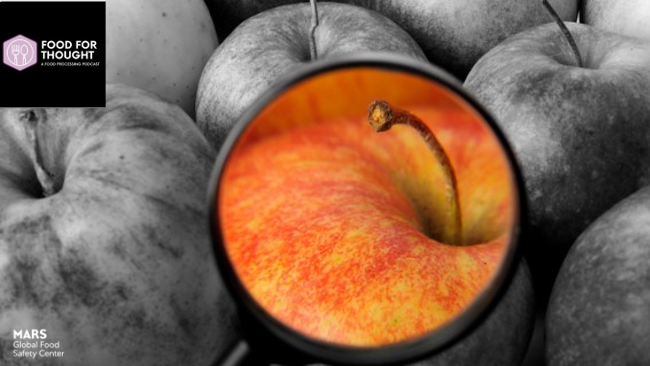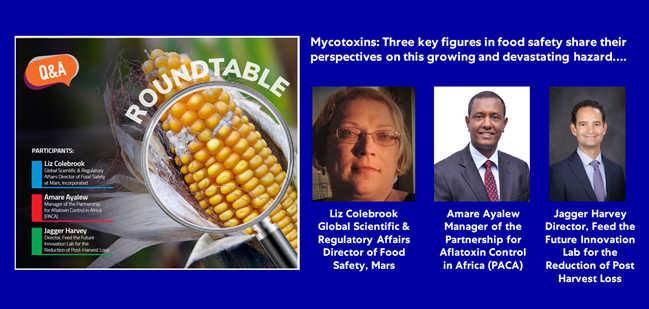Why Microbial Risk Management is Critical and How New Technology Could Transform Our Approach
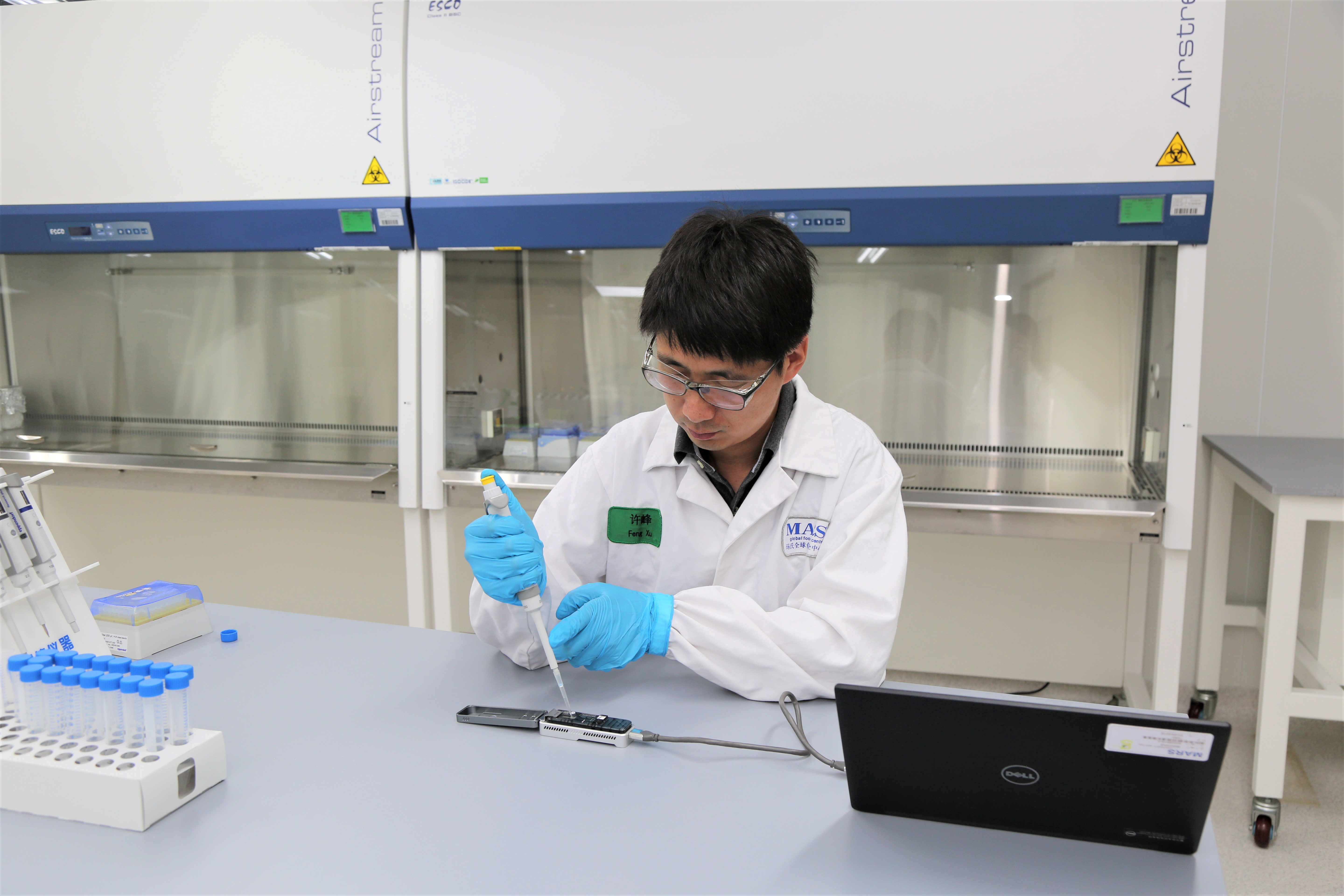
Safe food is a basic human right, yet each year millions of people around the globe become sick and die after eating contaminated food.
One relatively common cause of unsafe food is contamination with potentially harmful bacteria and their associated toxins. This can occur anywhere within the global food supply chain and during food preparation in the home. Did you know?
- The risk of bacterial contamination is higher in low income countries with contributing factors, such as: unsafe water; poor hygiene and inadequate conditions for food storage and preparation, coupled with insufficient food safety knowledge, expertise and a low level of legislation surrounding food production and manufacturing.
- Every year 1 in 6 Americans suffer from a foodborne illness, costing the US economy an estimated US$51 billion to US$77 billion, with similar estimates for Europe.
- As the food supply chain becomes ever more global and interconnected, the opportunity for food to become contaminated with harmful bacteria, increases.
At Mars, we believe we have a clear responsibility to help tackle significant food safety challenges, such as microbial risk. However, no one entity can do this alone. That is why The Mars Global Food Safety Center (GFSC) partners with more than 25 organizations and academic institutions to share knowledge, generate and exchange new insights and support supply chain resilience.
The presence of potentially harmful bacteria in the food supply chain is a critical risk area that requires constant monitoring, proactive management and continued investment.
With this in mind, the Mars GFSC has set ambitious targets for microbial risk management. We believe new, scientific technologies could, in the future, transform microbial risk management within the food industry, moving away from testing for a specific pathogen, to mapping the entire make-up of an environment, and predicting food safety issues before they occur.
The Mars GFSC team presented two studies evaluating the application of new technologies to microbial risk challenges at the International Association for Food Protection (IAFP) Annual Meeting in Louisville, Kentucky.
A Pilot Study Evaluating Oxford Nanopore Sequencing Technology for Salmonella Serotype Prediction contains early stage data assessing the use of new, innovative, third generation sequencing technology that uses genetic information to identify bacterial strains more accurately than traditional methods.
While in our other study: Assessment and comparison of molecular subtyping and characterization methods for Salmonella, we partner with Cornell University to compare six of the most widely used molecular based Salmonella subtyping methods and technologies, providing the food industry with guidance on how to select a method based on their needs.
At Mars, we believe that everyone has the right to safe food. By taking an approach rooted in scientific evidence and technology transformation, together with the commitment of our world leading partners, our goal is to help build robust food supply chains, ultimately working towards the prevention of microbial contamination of food.
The Mars GFSC is committed to sharing the knowledge, methodologies and tools it gathers and making them available to all, as part of its commitment to ensuring safe food for all.
This blog originally appeared on LinkedIn, you can read more from Dr. Feng Xu here.


Recommended Reads
Learn about the latest trends and constant changes happening in the food safety industry today.

